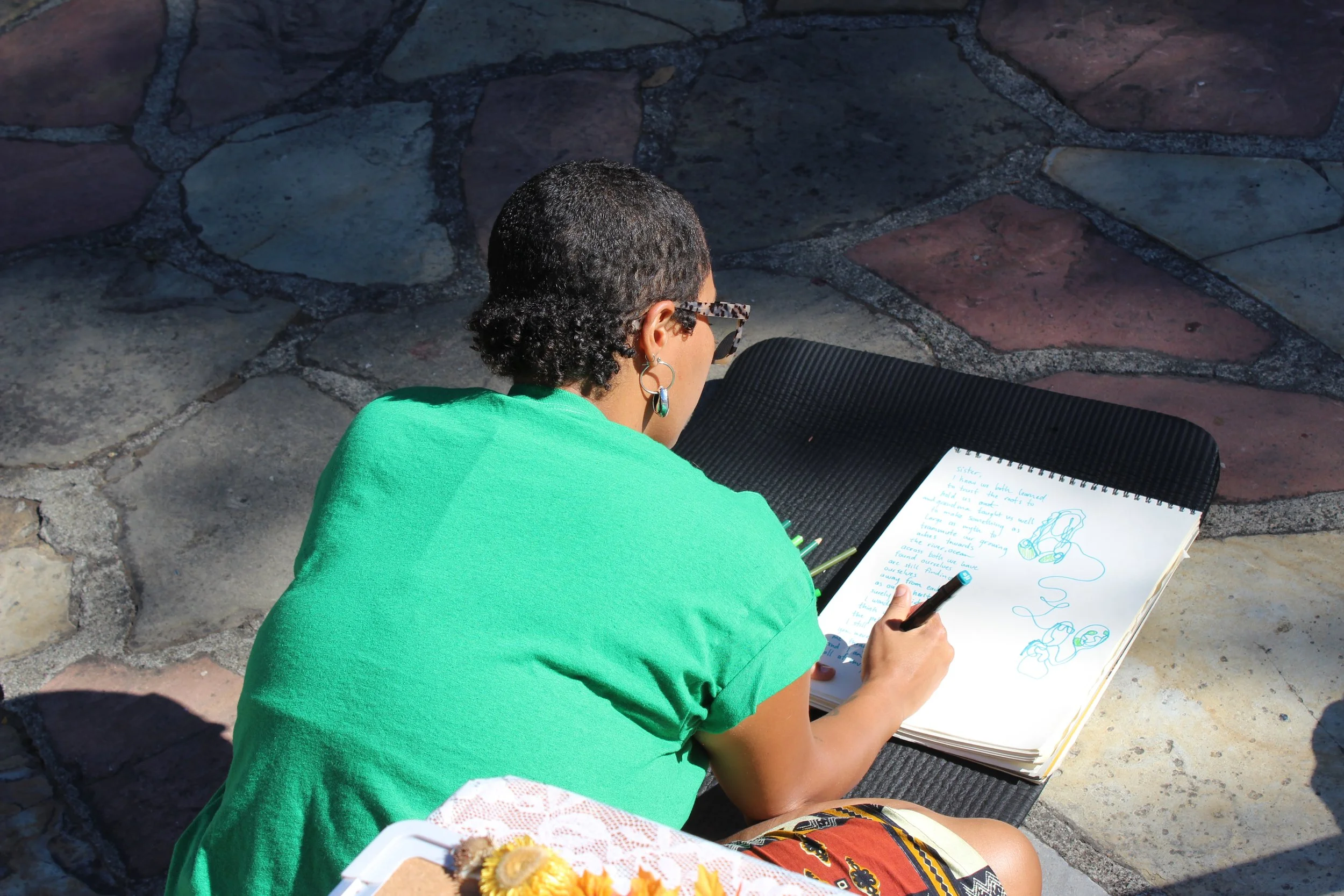The Lupine Collaborative x Milkweed Editions
Writer-in-Residence
We have partnered with Milkweed Editions to offer a yearlong writer-in-residence program designed to provide climate and environmental writers at all stages of their careers with financial and capacity-building support to work on their craft and to bring their writing to a larger audience.
Residency Award and Components
Milkweed Edition provides:
The Lupine Collaborative provides:
A set number of hours for the writer-in-residence to connect with Milkweed staff (publicist, editors, etc.)
Access to Milkweed authors as appropriate.
Promotion on Milkweed’s social media and newsletters.
$35,000 award to be used at the writer’s discretion to provide financial and mental space for their writing practice
Stipend for self-guided writing retreats
Recognition on The Lupine Collaborative’s website, newsletter, and social media platforms.
Opportunities for publication through partner organization platforms (optional).
Meet our Inaugural Writer-in-Residence
Dr. Suzanne Pierre
is a forest ecologist and biogeochemist, a writer, and a transformer of social systems. Pierre is a queer woman of Caribbean and South Asian heritage and a first-generation American. She is the founder and the lead investigator of the Critical Ecology Lab, a nonprofit organization innovating research at the intersection of global ecological change, social justice and liberation of oppressed peoples.
She received an interdisciplinary B.A. in Environmental Studies from New York University, a Ph.D. in Ecology and Evolutionary Biology from Cornell University, and completed a University of California President's Postdoctoral Fellowship at UC Berkeley. Her technical expertise is in applying molecular and stable isotope approaches to characterizing the biophysical mechanisms controlling nutrient and carbon cycling in plant and microbial systems experiencing climate change.
Pierre is developing the new field of critical ecology, the study of fundamental ecological processes through the analytical lens of decoloniality and critical social theory. Her goal is to determine how the systems of global colonialism and capitalism can provide an explanatory power towards the study of phenomena of climate change and its solutions. She is a 2022 recipient of the National Geographic Society Wayfinder Award and is a National Geographic Explorer.
During her residency, Dr. Pierre will focus on her book that will follow oppression — colonization, land theft, systems of enslavement and caste, and modern industrial capitalism— and liberation— escaped slave communities, organized resistance, global indigenous land traditions— throughout history and into the present.





